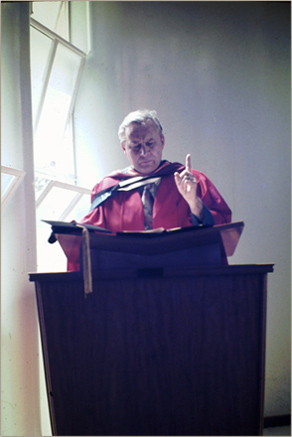Karl Marx’s sister married the notarial candidate Juta and emigrated to South Africa (Blumenberg, p. 11). Engels, in his 1895 Supplement to Marx’s Capital III (pp.908, 910), regarded the free enterprise “stock exchange” as “confirmation of the Calvinist doctrine … [of] predestination,” and then went on to state that “colonization … is purely a subsidiary of the stock exchange,” in whose interests “Africa [was] … leased directly to companies (… South Africa…),… and Natal [was] seized by Rhodes for the stock exchange.” And Lenin, in his 1916 Imperialism-the Highest Stage of Capitalism (pp.77, 102), against the background of the anti-colonial “protest … movement in Natal (South Africa),” did not hesitate to point to “Cecil Rhodes, millionaire, a king of finance, [as] the man who was mainly responsible for the Anglo-Boer War.”
Communist Eschatology: A Christian Philosophical Analysis of the Post-Capitalistic Views of Marx, Engels and Lenin
- Posted on
- by drfnlee_admin
- & filed under Communism, General Writings, Law and History

